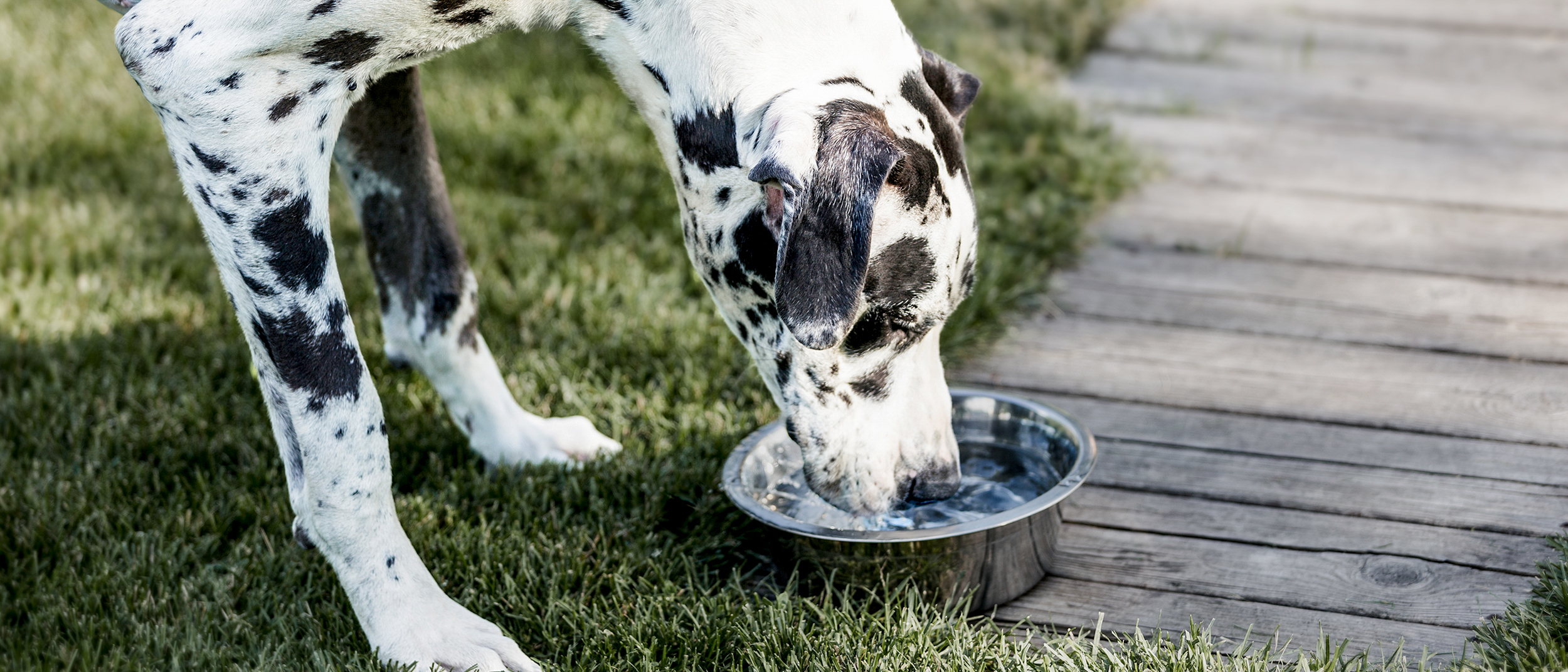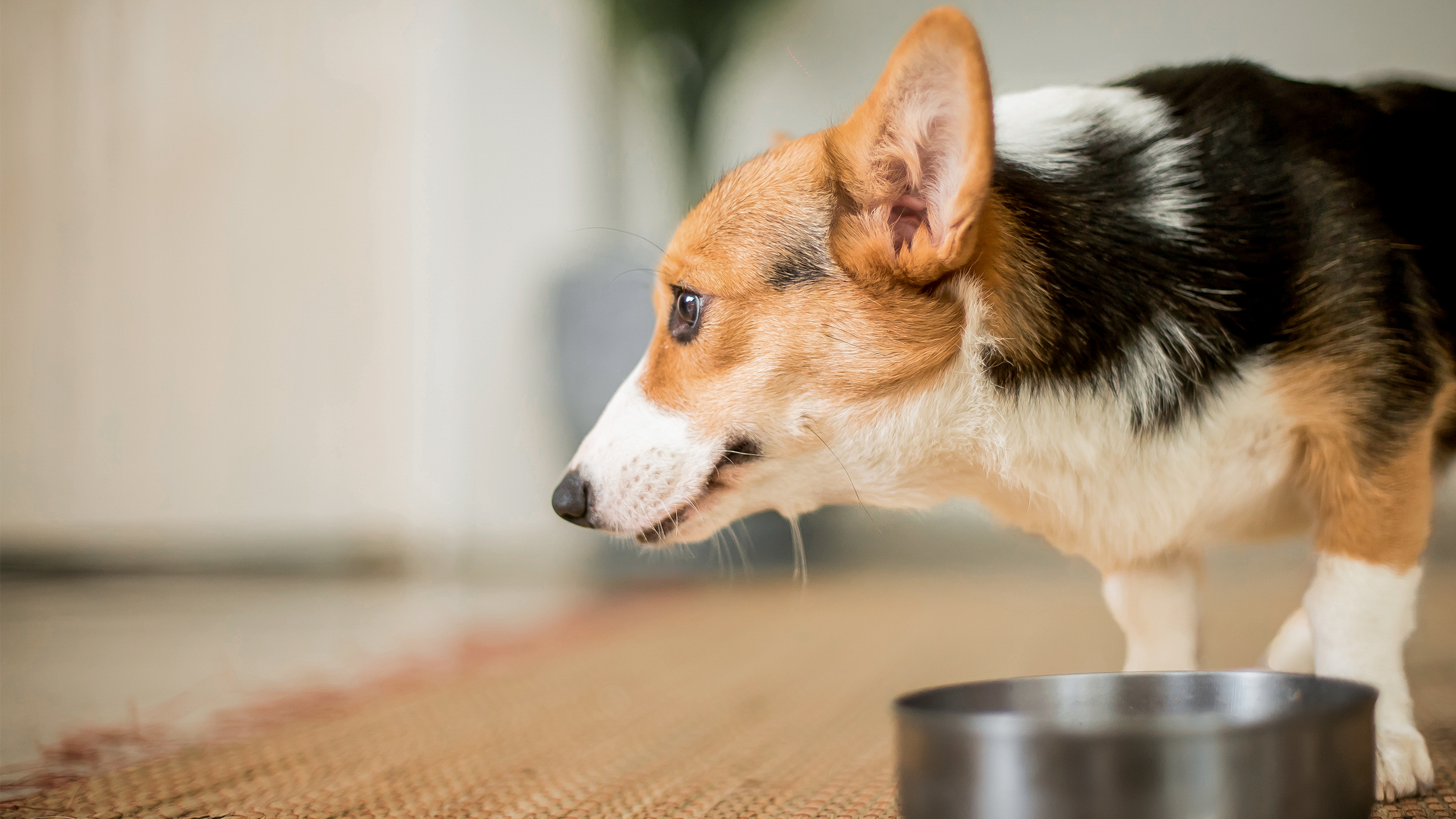How are urinary problems in dogs treated?

Urinary issues are unfortunately common among dogs, ranging from bacterial infections to urinary stones. If your dog is diagnosed with a urinary problem, your veterinarian will work with you to treat the signs and underlying causes to make sure that your dog is as healthy and happy as possible.
Why do urinary issues cause problems for dogs?
As with humans, a dog’s urinary tract is responsible for making, storing and getting rid of urine, which contains waste products left over from the body’s essential functions. Even mild urinary issues can also be very painful or uncomfortable for dogs and affect their behavior. Severe urinary problems, such as an obstruction, can result in further health problems, and can even be fatal.
For these reasons, it’s crucial you see a veterinarian at the first sign that your dog may be experiencing a urinary problem.
Signs of urinary problems in dogs
There are some common signs to look for that can help tell you if your dog is suffering from a urinary issue:
- Difficulty urinating
- Straining to urinate
- More frequent urination, or attempts to urinate without success
- Leaking or dribbling urine
- Cloudy urine or blood in urine
- Pain
- Drinking more water
- Decreased appetite

What will the veterinarian do about my dog’s urinary issues?
Your veterinarian will conduct a thorough examination of your dog, including talking to you about their behavior to do with drinking and urinating. The veterinarian may ask you how often your dog urinates, or what they do when they urinate; this will help the veterinarian establish what some of the causes could be. Your veterinarian may ask for a sample of your dog’s urine to examine. This may also be accompanied by x-rays and blood work to help establish the cause of the issue.
After your pet has been diagnosed, your veterinarian will explain to you what course of treatment they recommend. Some severe urinary conditions, such as stones blocking the flow of urine, may require a surgical operation or the use of a catheter to relieve your dog’s discomfort. Other problems may mean your dog has to take antibiotics or eat a specific therapeutic diet formulated for lower urinary tract disease.
Things you can do to help manage your dog's urinary problems at home
It’s likely your veterinarian will suggest you adapt your dog’s lifestyle and diet to help support and improve their urinary health.
Making sure your dog has access to plenty of fresh, clean water, and encouraging them to drink frequently is very important. This can help dilute their urine, as well as get them to urinate more often and "flush out" their system.
Your dog's food can also be specifically selected to help improve the healthy function of their urinary system. In particular, there are veterinary diets dedicated to improving urinary tract health by dissolving certain types of stones and by preventing their reoccurrence. These formulas help to dilute urine, and help influence the mineral composition and pH of the dog's urine.
Urinary problems can result in discomfort for your dog, as well as potentially long-term health repercussions. Make sure that you visit your veterinarian at the first sign of a problem, and they’ll be able to advise you on the best course of action.
Find a vet
If you have any concerns about your dog’s health, consult a vet for professional advice.
Like & share this page